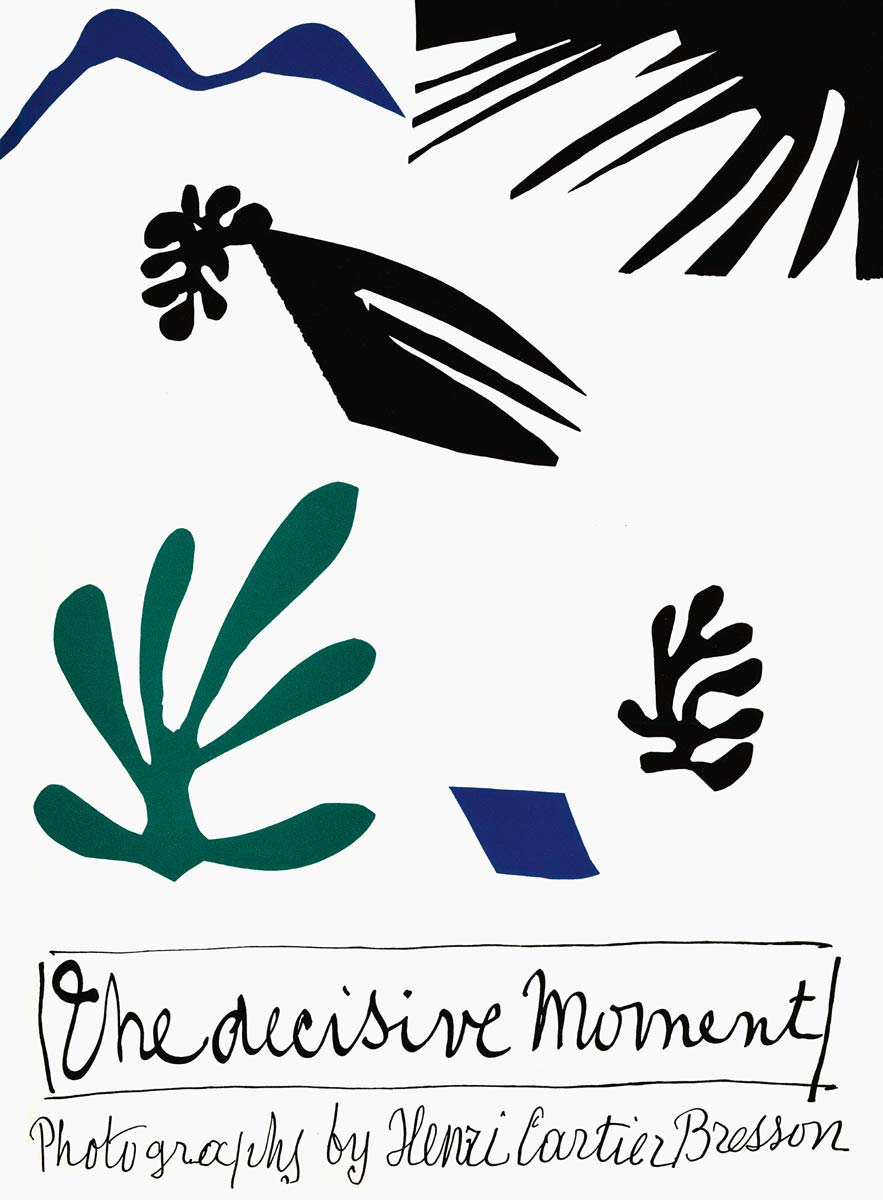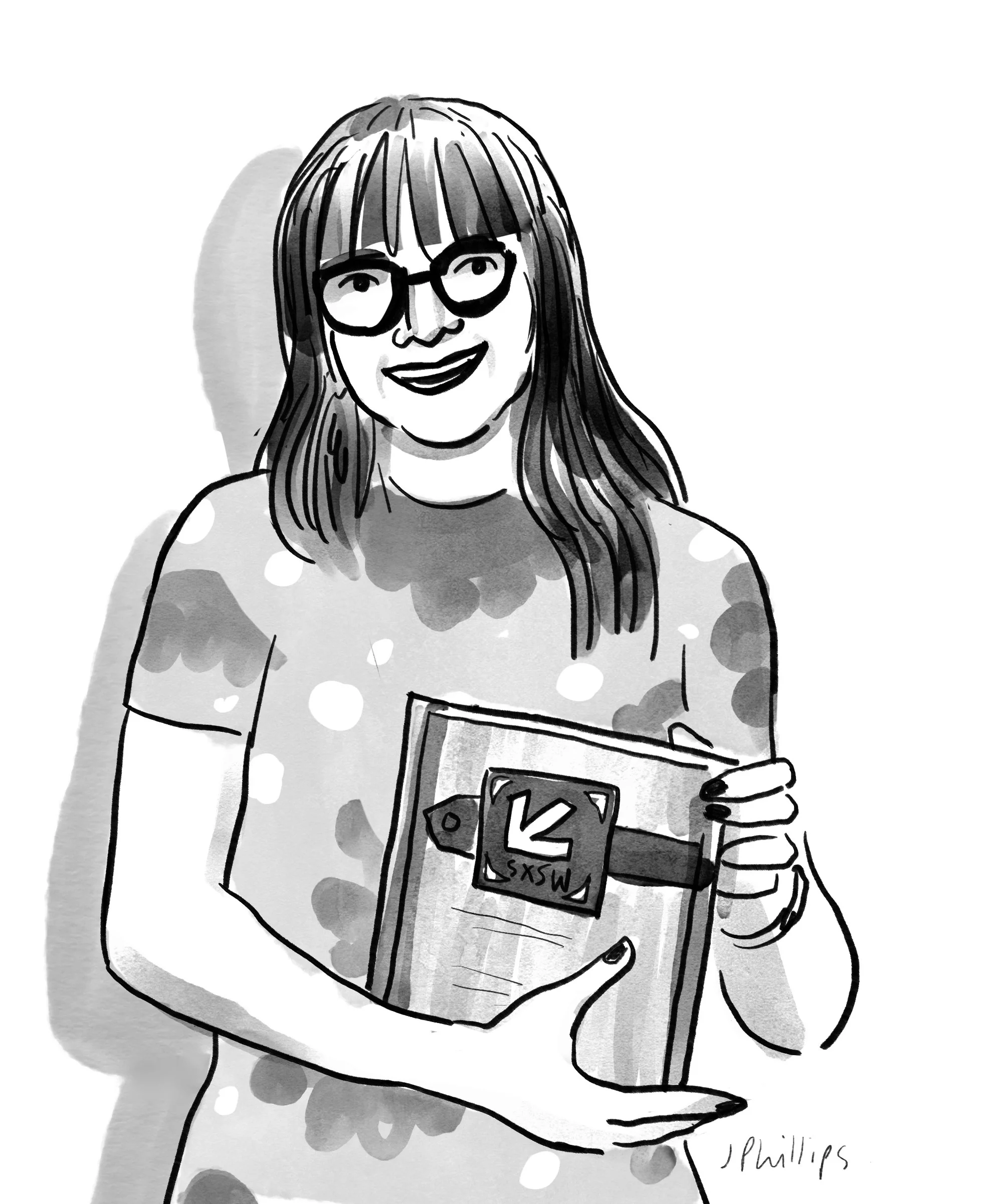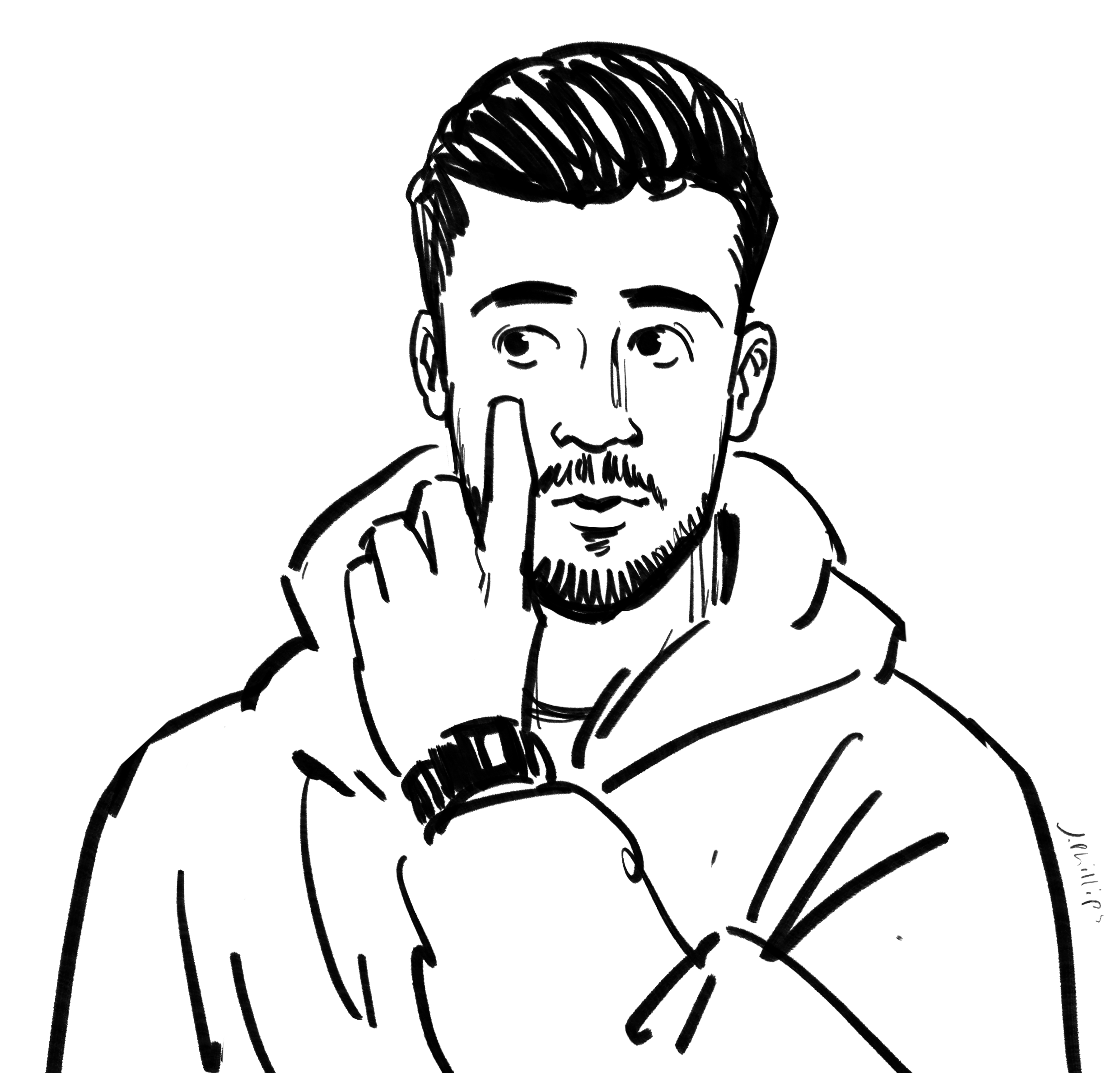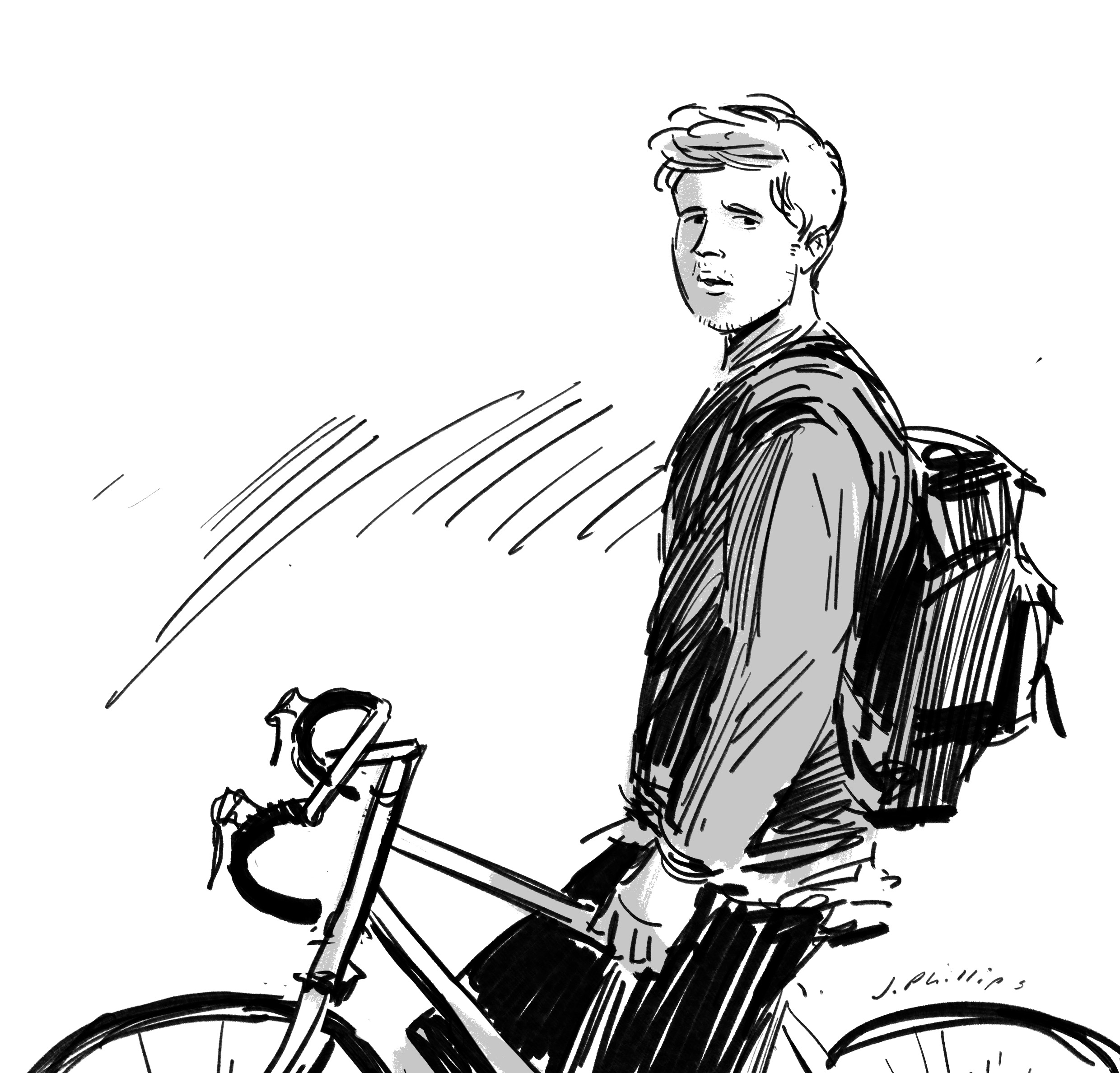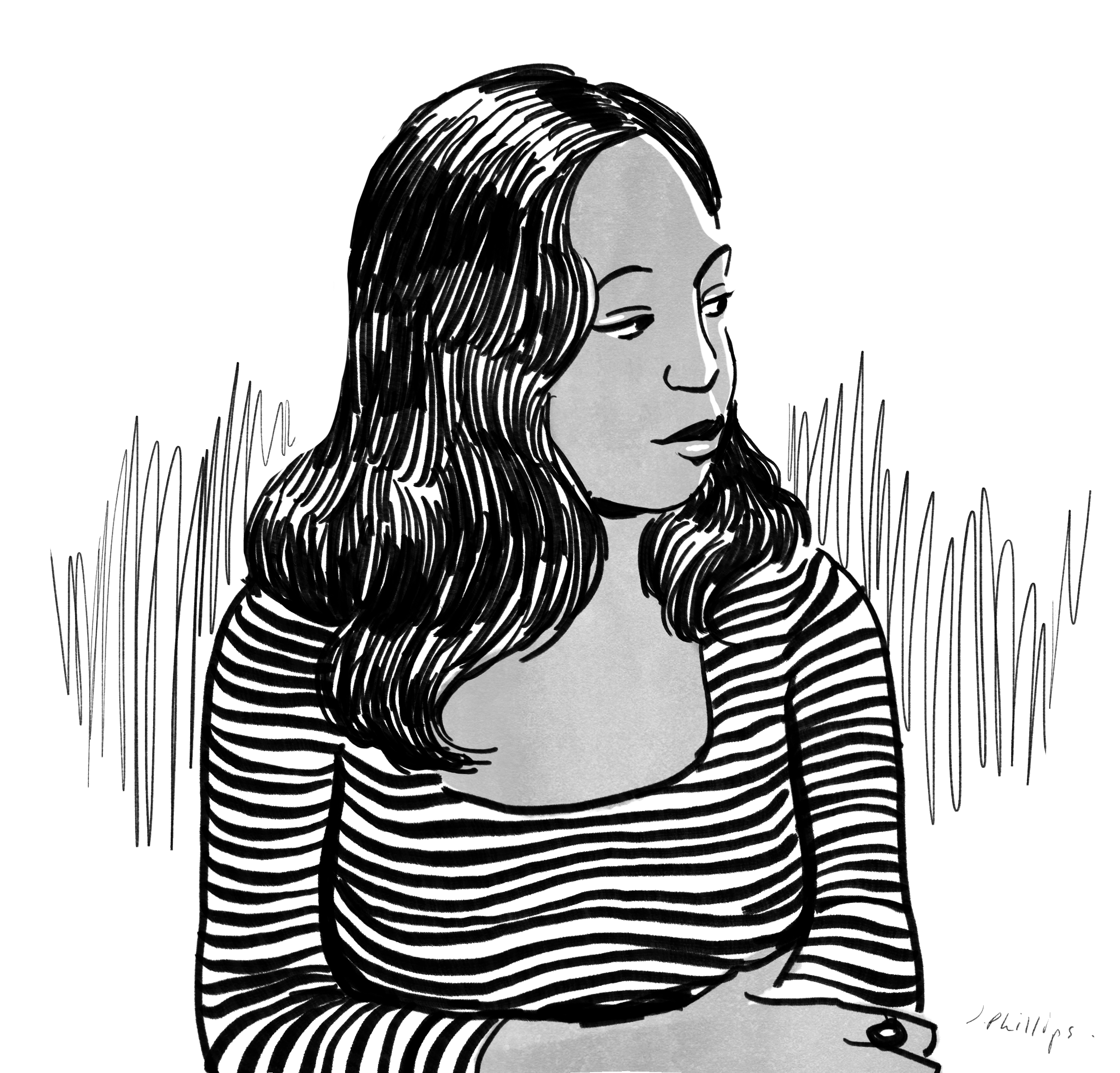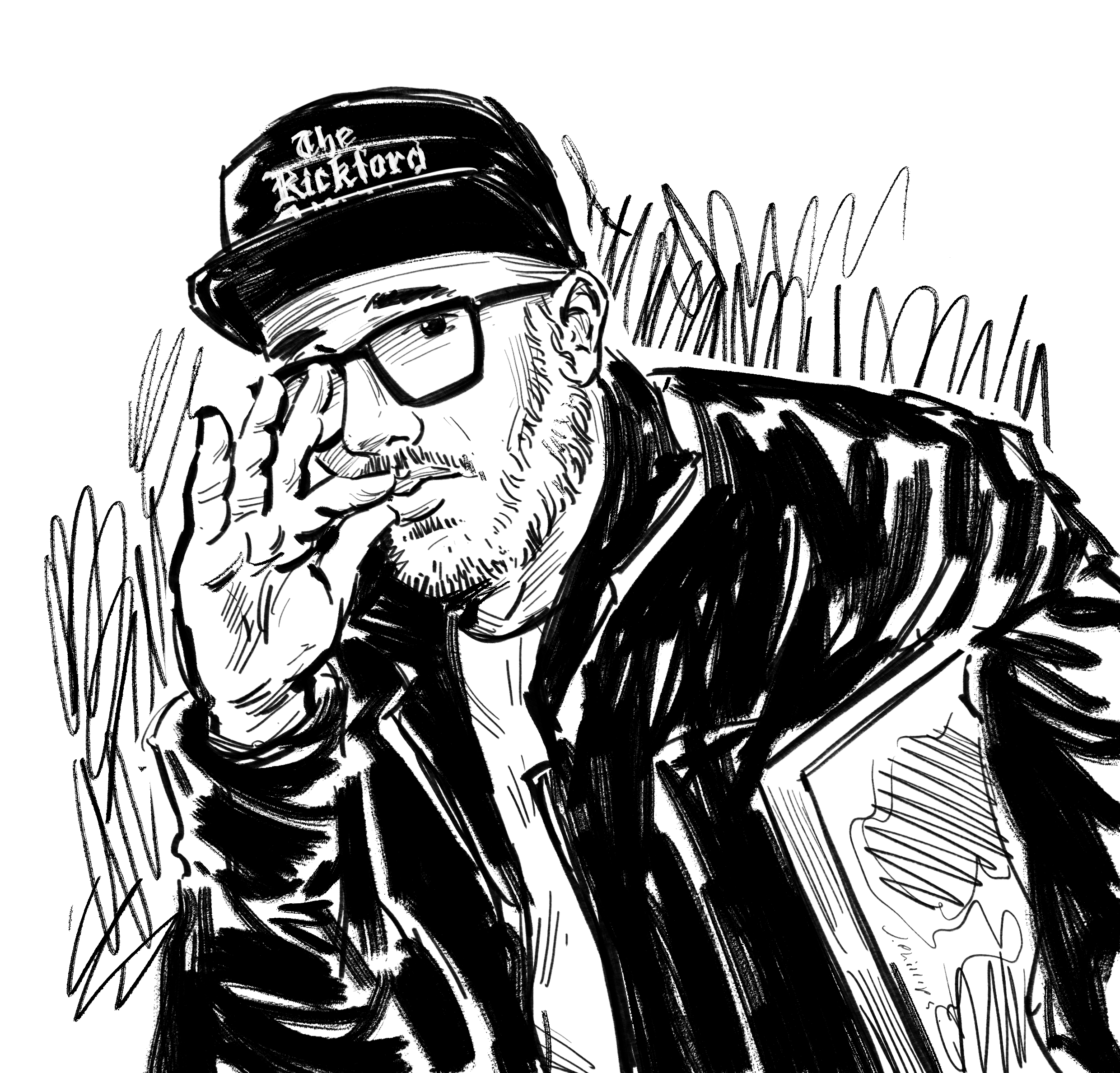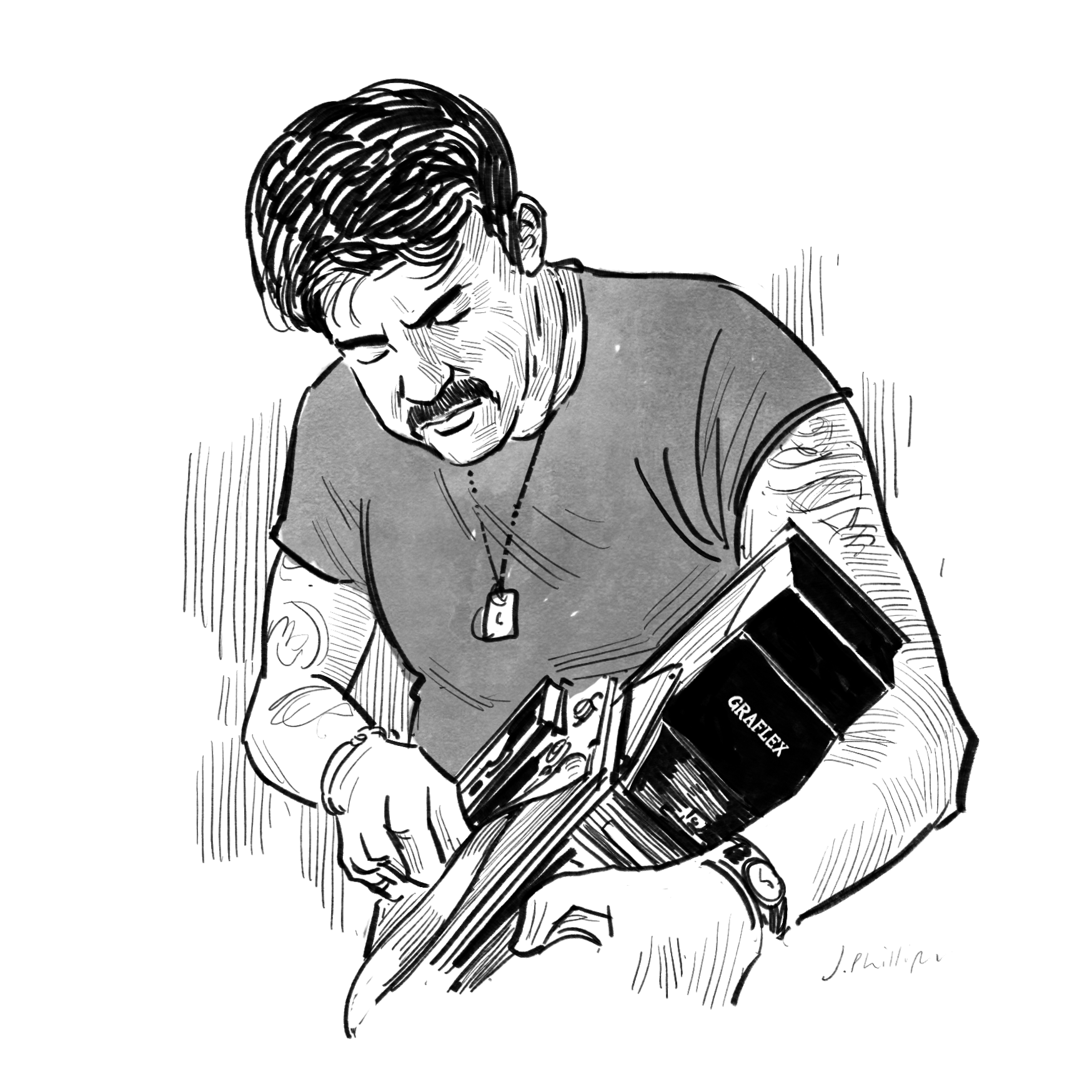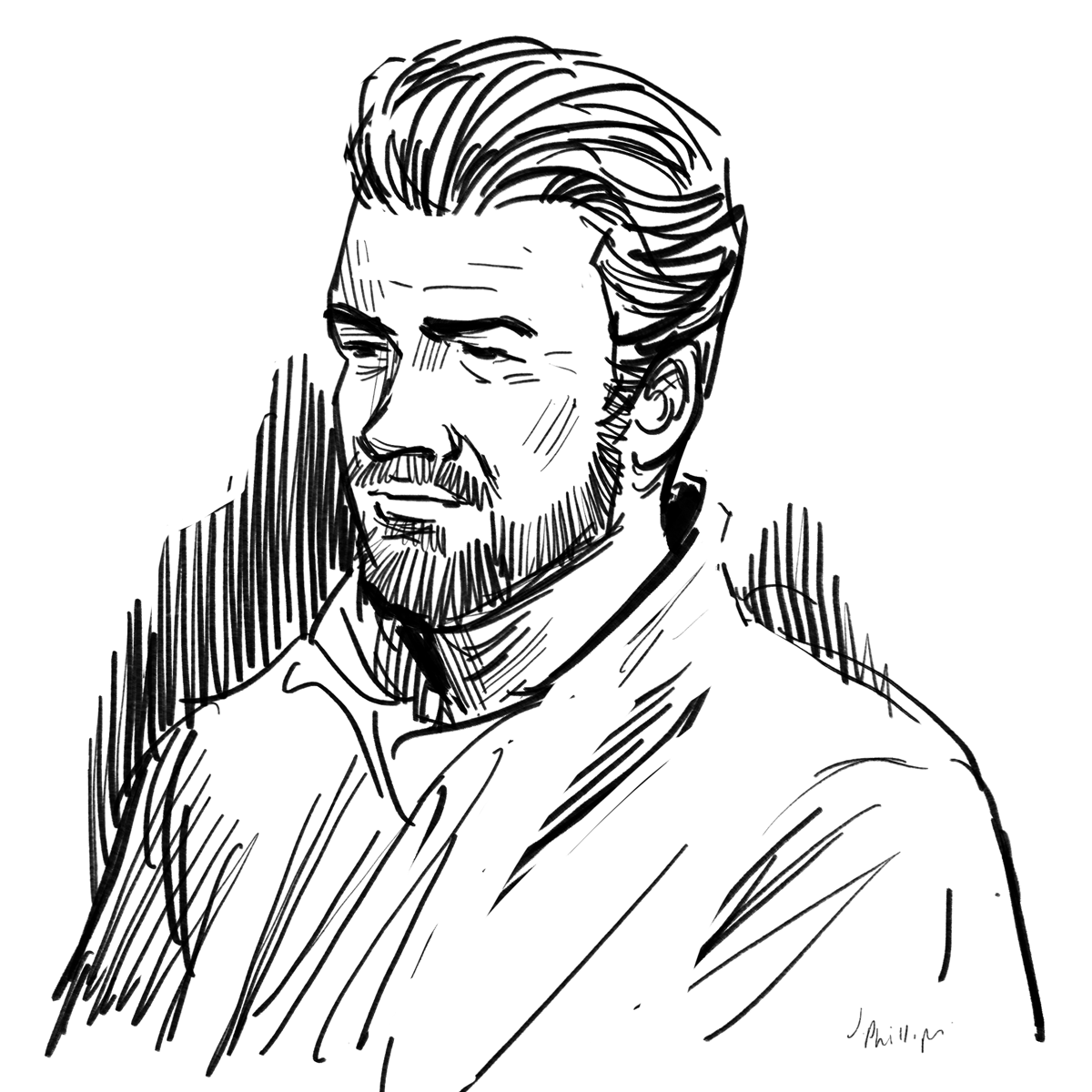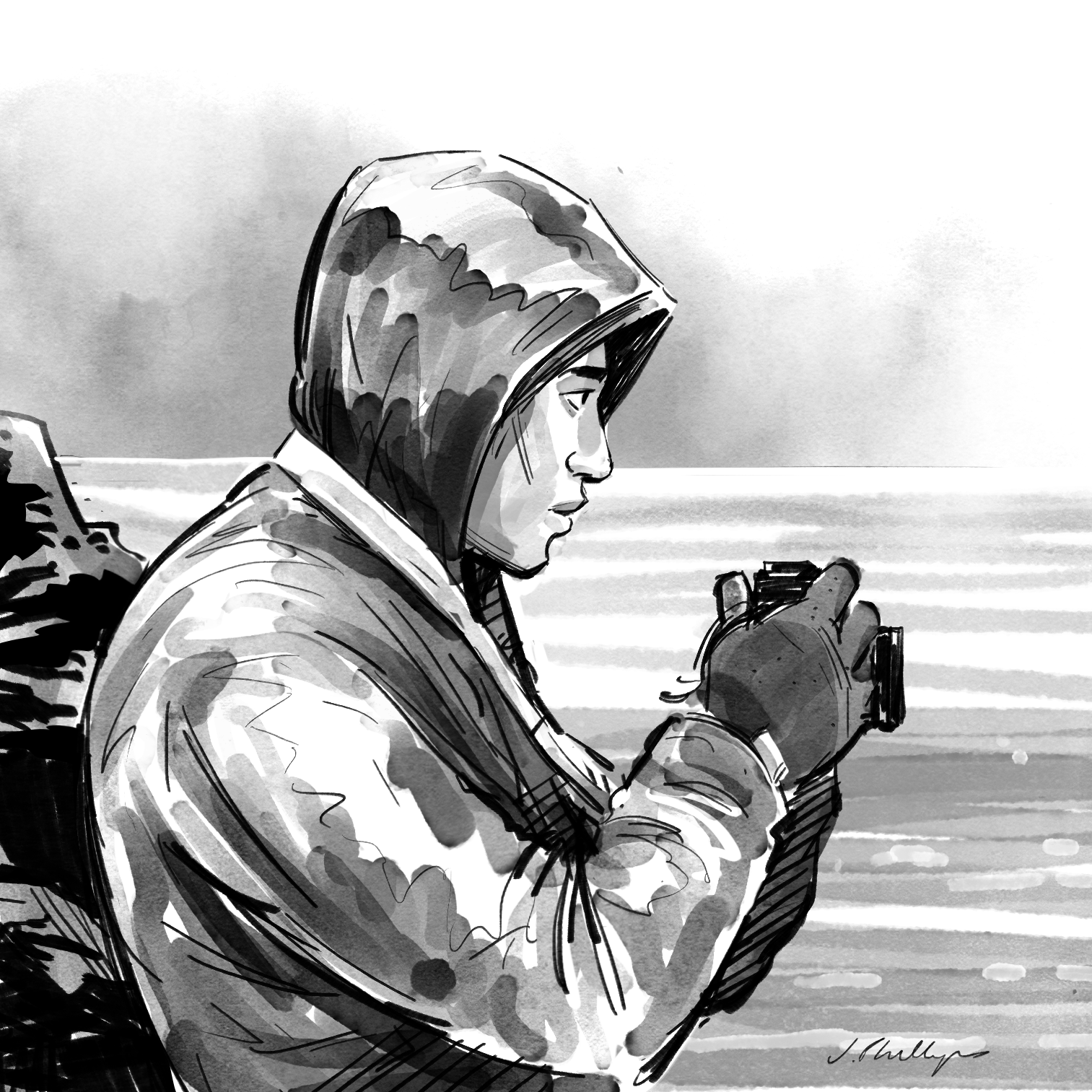Hannah Reyes Morales, Photographer
Hannah Reyes Morales is a Filipina photographer and National Geographic Explorer whose work documents tenderness amidst adversity. Her photography, both visceral and intimate, takes a look at how resilience is embodied in daily life. Based in Manila, Reyes Morales’ work explores the universal themes of diaspora, survival, and the bonds that tie us together.
Morales has received grants and awards from the Royal Photographic Society, British Journal of Photography, PDN’s 30, and the IWMF, among others.
She shares four photo books that inspire her work, where the industry needs more attention, and how she expanded her beliefs about the craft.
This interview was edited for clarity and length.
Does Yellow Run Forever?
by Paul Graham
“I first encountered this book while traveling. Prior to seeing this, most of the photo books I had encountered in Manila bookstores were more like coffee table books, design books, 'best of' books, or photography history books. I don't remember ever seeing a book that felt like every part of it was speaking to me, until I held 'Does Yellow Run Forever?' in my hand. It felt like I was touching something that went beyond a book.”
I Am About to Call it a Day,
by Bieke Depoorter
“II have always held this body of work close to my heart. I love the tenderness Bieke has in photographing the human beings in this book. When I was beginning in photography, this body of work was something I would return to, to study. This year I got to see the book in real life, and it gave the images another layer, a new meaning.”
Signos,
by Veejay Villafranca
“The images in this book are timeless images of my homeland. Veejay has masterfully captured a transitioning point in Philippine history, and has created something so necessary: a visual record of iconic images by someone from our islands.”
The Decisive Moment,
by Henri Cartier Bresson
“I know we aren't supposed to judge a book by its cover but the Matisse cover really pulls this book together in such a satisfying way for me. The Matisse cover reveals something about Bresson's images, providing context about the world he inhabited, and the place from which his photographs came from.”
Hannah, what is something in your industry that deserves more attention?
The lack of diversity in our industry continues to be an issue that needs to be discussed. Too often we see diversity as a problem to be solved rather than a strength or gift to be claimed.
A myriad of perspectives across genders, ethnicities, and class can elevate a society, and broaden our understanding of the world, if only we knew to listen to more voices.
Describe a photographic memory of a moment that changed things for you.
The moment after I was offered my first big photography project contract. I remember the client leaving the meeting and being alone. It was at night, in Manila, and I can remember the light in the mall and being in a daze. I was so broke, and I owed rent money and I remember calling a boy I was dating. I was crying tears of joy and disbelief. The project was worth multiple months of rent. I remember being in the taxi and thinking of the food I would eat.
Also, I never had access to photo books growing up! When I first went to The Strand in New York I teared up a little, heartbroken and envious about what I could browse through for free if I had just had those resources. But I realised this is a good thing.
When I was studying photography on my own, I was looking at it mostly through a screen, and I could also see images I took on a screen, so I could aspire to create photographs on more equal footing — it was more democratic. Perhaps if I had access to photo books and photo exhibitions earlier, this career may have felt a little more unattainable because I may not have been able to visualize my own work on great paper, etc. So all of this — the object of a photo book — it is new and so exciting to me.
What is the best piece of advice you’ve received?
One of my favorite creeds is from this longform piece: https://medium.com/matter/everything-is-yours-everything-is-not-yours-d6f66bd9c6f9
‘Claire always taught me everything is yours, everything is not yours. The world owes you nothing; nobody deserves more or less than the next person. Even as a refugee she always kept one dignified outfit — early on, a crisp white blouse, well-fitting flare jeans, short black boots; later, a brown suit — so she could present herself to anybody, anywhere, as a smart, enterprising young woman, period. She asked no pity, no permission. She was a fact of life, an equal. Nobody needed to know more.’
What is something that you used to believe about your craft that you had to change your mind about?
I naively used to believe it was a meritocracy, but it is not. So much of why people succeed, especially in freelancing, is so dependent on things outside of just merit.
I don’t take for granted the opportunities in front of me now, because I know that I don’t necessarily ‘deserve’ them—that there is a swath of people who are more talented and just as hardworking as I am not getting the same opportunities. But at the same time I am filled with gratefulness that I live in a time when initiatives are being undertaken to level the playing field, and that the internet existed so I could learn about photography even when I didn’t have access to photo books. I honor the women and men who have kicked doors down so I could walk into rooms with doors that would have been closed off to someone like me just a few years ago.
But there is so much that we can still do. So much of photography still needs to be reclaimed. I have recently been reading about decolonization in the lens of healing: that the work we do when we raise our voices and reclaim our narratives is ultimately, an act of healing. We heal not only ourselves, but those who came before us and those who will come after.






